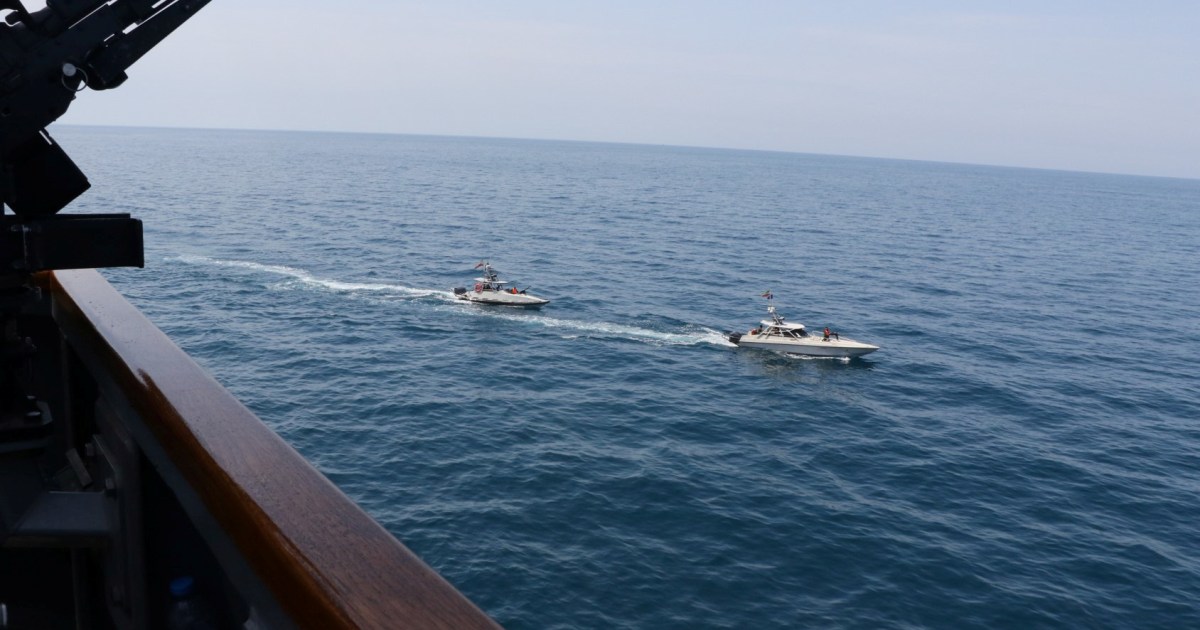Iran warned today, Monday, against crossing "red lines" related to its security in the Gulf, after press reports of Israeli submarine movements towards the region.
And she stressed that she would defend herself against any "adventure" that the Donald Trump administration might adopt in its final days.
And the US Navy announced last week that a nuclear submarine had sailed in the Strait of Hormuz, in a move considered a show of force as the first anniversary of the assassination of Iranian Major General Qassem Soleimani by an American strike in Iraq approaches.
Soon after, foreign press reports on Israeli media reported that an Israeli submarine had crossed the Suez Canal, also on its way to the Gulf.
"Everyone is aware of what the Gulf means to Iran," Foreign Ministry spokesman Saeed Khatibzadeh said at a news conference on Monday, in response to a question about these reports.
"Everyone is aware of the policies of the Islamic Republic in Iran in the field of national security and defense, and they know well how high the risk will be if they want to cross Iran's red lines," he added.
Israel has not officially confirmed or denied reports that its submarine has moved.
Memory of Soleimani
Iran had previously accused Israel of being behind several operations that targeted it, the most recent of which was the assassination of nuclear scientist Mohsen Fakhrizadeh in late November, near Tehran.
Iran is preparing this week to commemorate Soleimani, the former commander of the Quds Force in the Revolutionary Guards, who was assassinated in a US air strike near Baghdad airport on January 3, 2020.
The approaching date of the anniversary coincided with Washington's accusation that Tehran was behind a missile attack targeting its embassy in Iraq, which Iran denied, reiterating its refusal to target diplomatic missions.
Khatib Zadeh said, "We have sent messages to the US government and to our friends in the region through various channels, lest the current American regime rush towards a new adventure in the region in its last days at the White House," Khatib Zadeh did not specify those channels.
"We are not looking for tension. We have not looked for it, nor will we look for it, especially in the region. But we have no doubt about defending our country," he added, expressing his hope that "the rational people in Washington will be able to control the tensions."
The severed relations between Tehran and Washington for nearly 4 decades witnessed increasing tension during the Trump era, who adopted a policy of "maximum pressure" against Tehran, and in 2018 unilaterally withdrew from the agreement on the Iranian nuclear program, and re-imposed harsh economic sanctions on Tehran.
Since the summer of 2019, the two countries have found themselves facing the possibility of engaging in a direct confrontation, especially after the assassination of Soleimani by an American air strike near Baghdad airport.

